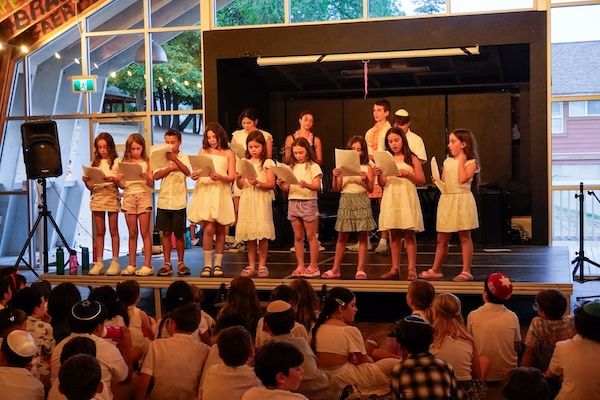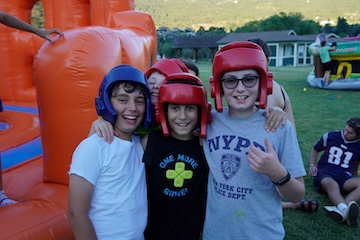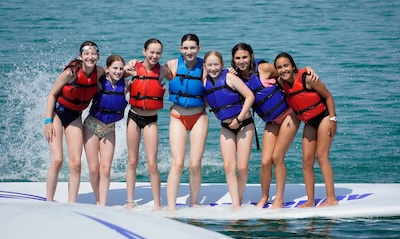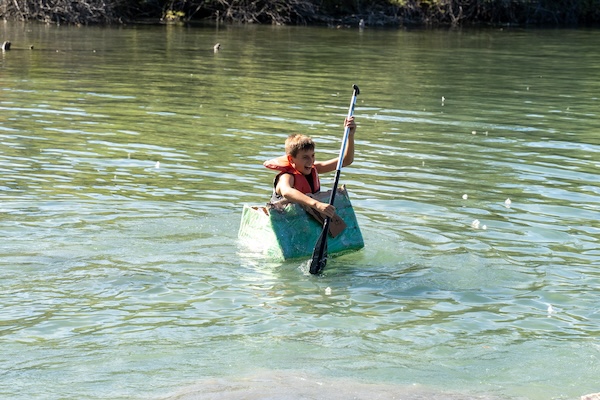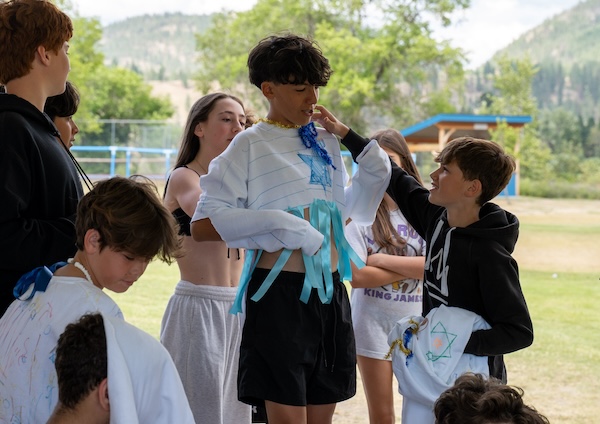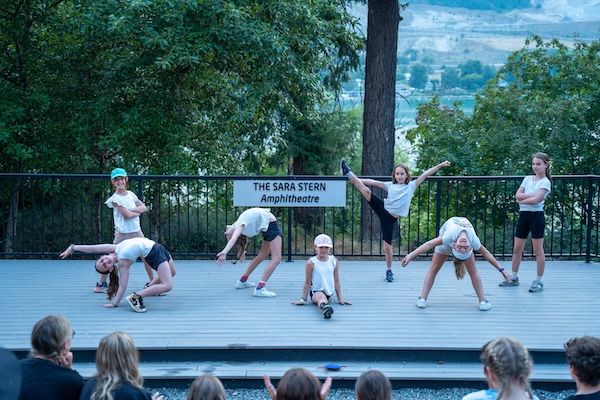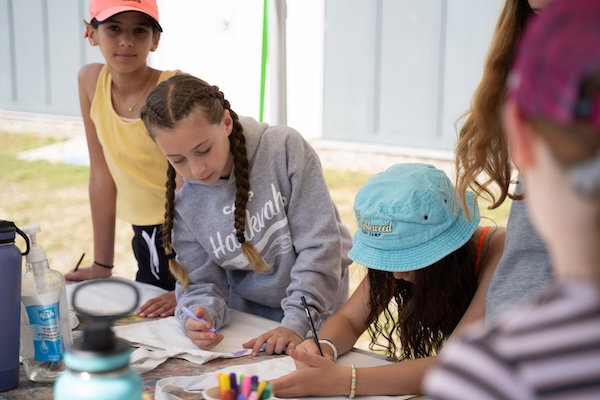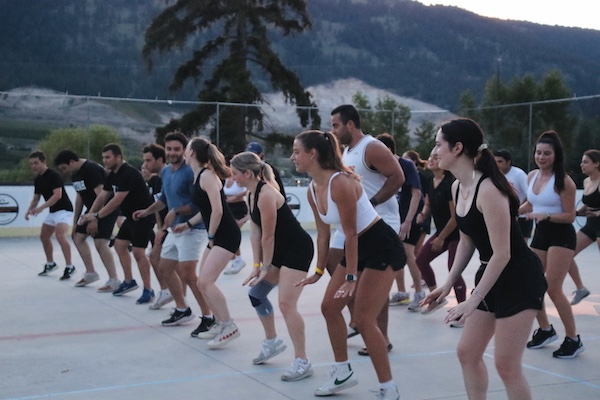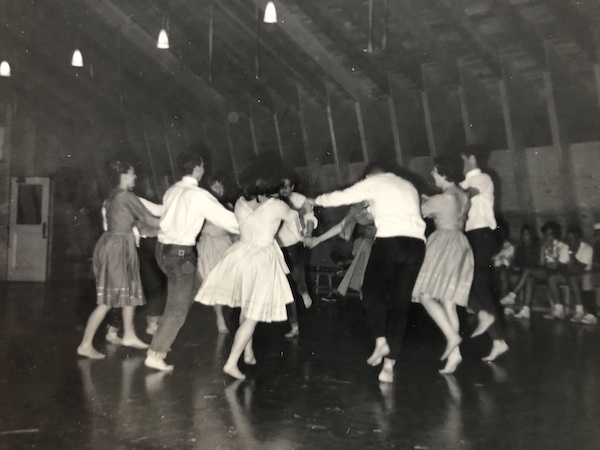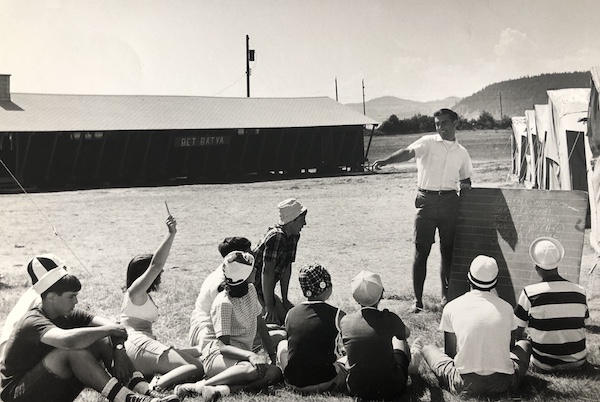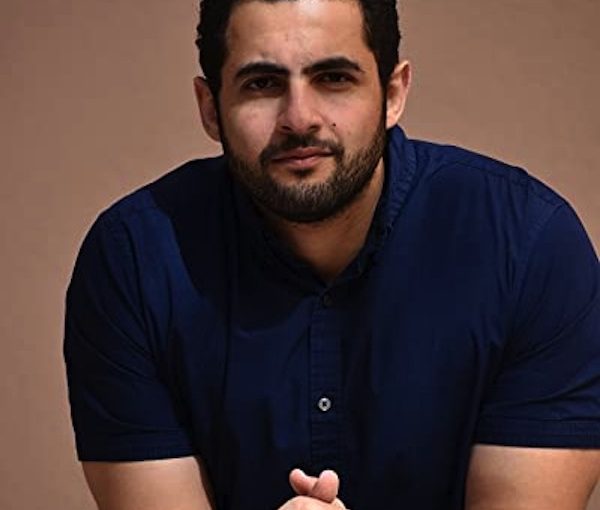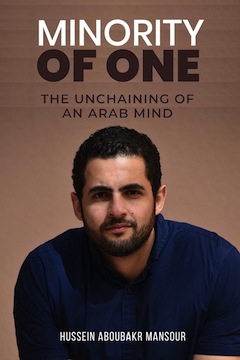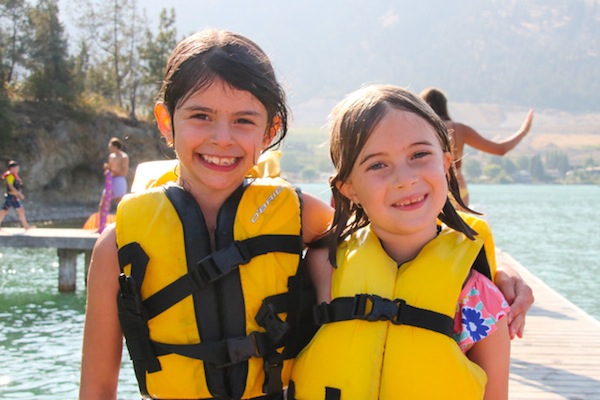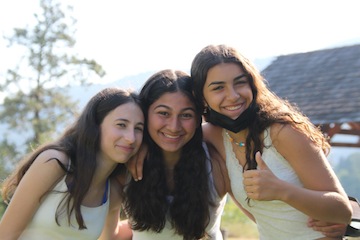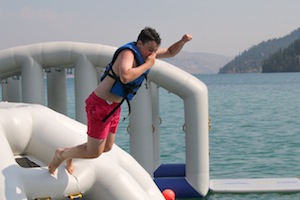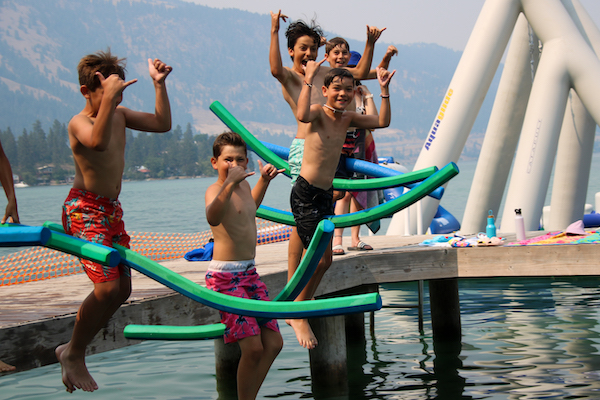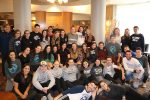Canoe trips are a vital part of the camp experience, not only because of the physical activity they involve but also because of the deep personal growth they foster. (photo from Camp Hatikvah)
At Camp Hatikvah, one of the most enriching aspects of the summer experience for older campers is the out-tripping program. Designed to expose campers to the beauty of the outdoors while introducing them to a blend of adventure, skill-building and personal growth, the program is a cherished part of the Camp Hatikvah experience. It is also central to the camp’s mission of fostering resilience, independence and community.
Each year, the camp’s Kochot and staff-in-training (SIT) campers embark on canoe trips that vary in length and difficulty, ensuring that each trip is tailored to their abilities and experiences. These journeys are much more than a chance to paddle; they provide campers with opportunities to push their limits, learn new skills and bond with their peers.
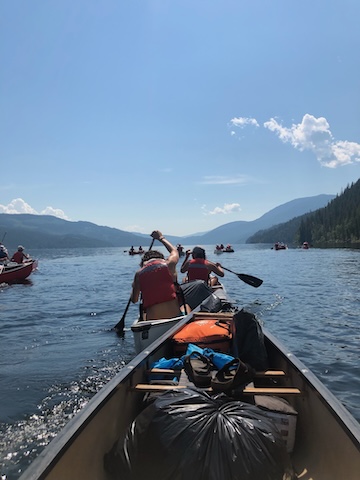
The Kochot campers are introduced to the concept of out-tripping through shorter trips that offer a taste of outdoor adventure. The one-night and two-night trips, depending on age, provide an introduction to sleeping outdoors, cooking meals and navigating the natural world. These trips are designed to balance activity and relaxation, with plenty of time for swimming and socializing, all within nature. For many, this is the first time they sleep away from home, and the experience is a significant milestone in their personal development.
As campers get older, the trips become more challenging. The SIT campers take on a more intensive excursion that tests their physical endurance and leadership abilities. The trek to Shuswap Lake involves paddling for several hours each day, setting up camp at new locations each night, and working together to navigate the challenges of outdoor living. Through this five-day journey, the SIT campers develop valuable life skills, including resilience, adaptability and teamwork.
Canoe trips are a vital part of the camp experience, not only because of the physical activity they involve but also because of the deep personal growth they foster. They teach campers about responsibility, independence and the importance of working as part of a team. Campers learn to rely on one another as they work together to navigate the water, set up camp and manage the logistics of living outdoors. They also gain a profound appreciation for the natural world, learning to respect and care for the environment while enjoying its beauty.
The lessons learned on these trips extend far beyond the trip itself. Campers return to camp with a stronger sense of self, greater confidence and a newfound appreciation for the outdoors and for their fellow campers. Whether they are paddling across a serene lake or cooking dinner under the stars, the skills they develop and the memories they create during these trips become an essential, and beautiful, part of the Camp Hatikvah experience.
To learn more, visit camphatikvah.com.
– Courtesy Camp Hatikvah


